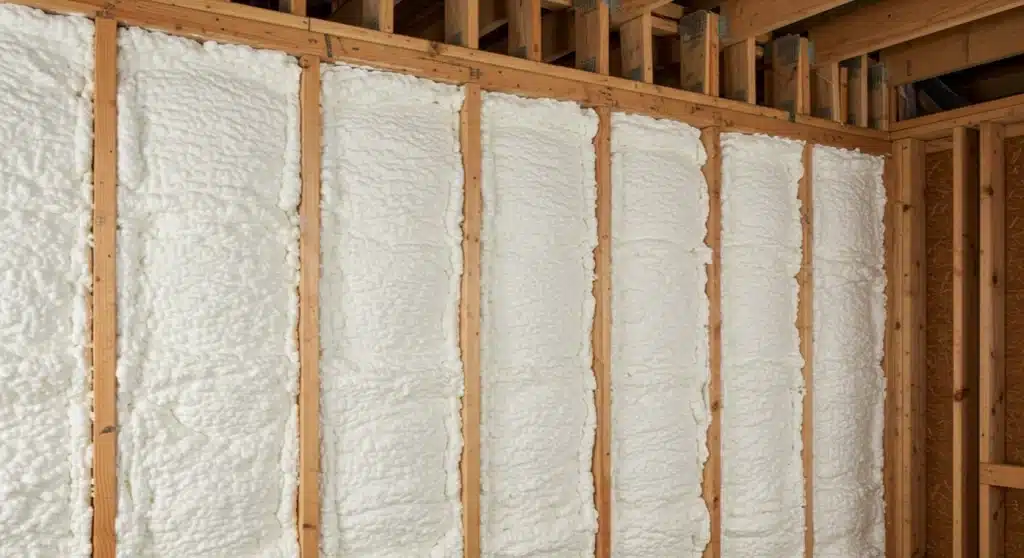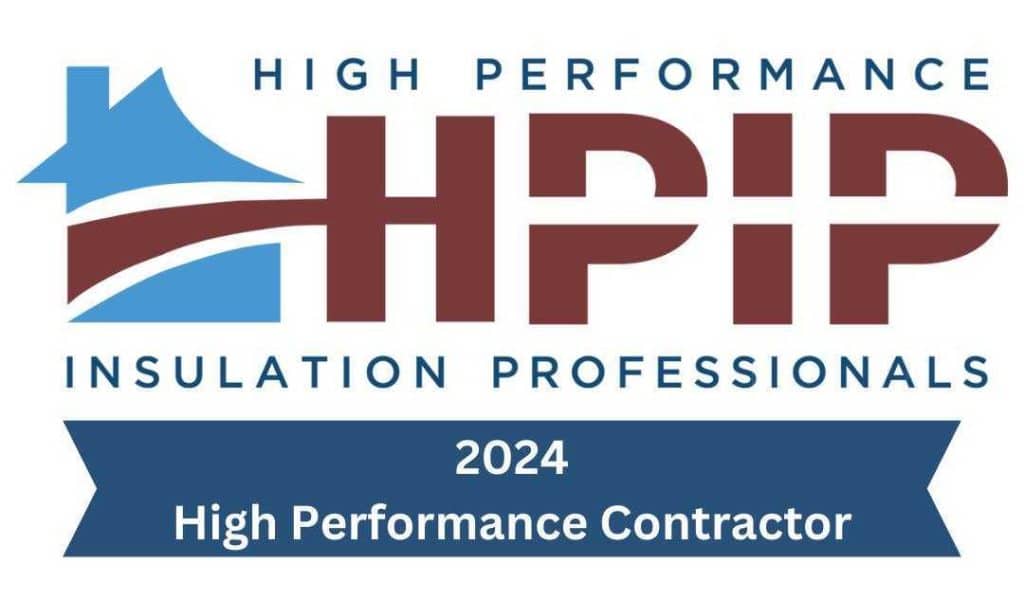Spray foam insulation installation in Grayson, GA, involves a step-by-step process that begins with site preparation and ends with curing and quality checks. The process generally takes 1 to 2 days depending on project size, with key steps including area sealing, application of spray foam, and post-installation inspection.
In Grayson’s humid subtropical climate, spray foam provides an effective barrier against both moisture and air leaks. This helps maintain indoor comfort and reduce energy use year-round. Makeover Insulation follows strict installation protocols, applying region-specific experience to ensure performance and safety.
Step-by-step breakdown of the installation process
Initial assessment and preparation
- Site inspection: Check structural integrity, moisture presence, and ventilation.
- Material selection: Closed-cell or open-cell foam is chosen based on R-value needs and substrate conditions.
- Work area preparation: Electrical components are shielded; surfaces are cleaned and taped off.
Application
- Mixing and setup: Spray foam components are combined at the correct temperature and pressure.
- Spraying: Foam is applied in controlled passes to ensure uniform coverage and thickness.
- Expansion and curing: Foam expands to fill cavities and hardens in minutes.
Post-application
- Trimming: Excess cured foam is removed for finishing.
- Inspection: Check for voids, bridging, or improper adhesion.
- Ventilation: Area is ventilated for up to 24 hours to dissipate fumes.
Spray foam insulation types compared
| Feature | Closed-Cell Spray Foam | Open-Cell Spray Foam |
|---|---|---|
| R-Value (per inch) | 6.0 to 7.0 | 3.5 to 3.8 |
| Air sealing | Excellent | Good |
| Water resistance | High | Low |
| Application areas | Roofs, crawl spaces, exteriors | Walls, attics, interiors |
| Cost per square foot | $1.00 – $1.50 | $0.45 – $0.75 |
| Vapor barrier | Yes | No |
Technical specifications
| Specification | Value/Range |
|---|---|
| Spray temperature | 115°F to 135°F |
| Ambient temperature range | 60°F to 90°F |
| Tack-free time | 10 – 60 seconds |
| Full cure time | 8 – 24 hours |
| Application thickness (per pass) | 1 to 2 inches |
| Density (closed-cell) | 1.75 – 2.2 lb/ft³ |
| Density (open-cell) | 0.4 – 0.6 lb/ft³ |

Market data and practical context
- According to the U.S. Department of Energy, air leakage accounts for up to 40% of a home’s heating and cooling costs (DOE, 2023).
- Closed-cell spray foam offers a 50% higher R-value per inch than fiberglass batts (NAIMA, 2024).
- In Georgia homes, spray foam can reduce annual HVAC costs by up to 25%, based on field data from regional case studies (Building Performance Association, 2023).
Things to consider before making a decision
- Ventilation readiness: Spray foam requires temporary evacuation and active ventilation.
- Existing insulation removal: Old material must often be cleared for proper adhesion.
- Access and layout: Tight or obstructed areas may limit foam expansion.
- Budget: Upfront costs are higher than fiberglass, though ROI appears within 3-5 years.
- Type selection: Choose between open-cell and closed-cell based on moisture control needs and available space.
Bonus Tip: In flood-prone areas of Grayson, closed-cell foam offers better resistance to water damage and can support structural rigidity.
Closely related services Makeover Insulation offers
- Blown-In Insulation: Fiberglass or cellulose material applied using machines to fill attics and walls.
- Insulation Removal: Safe extraction of old, damaged, or contaminated insulation.
- Air Sealing: Targeted sealing of gaps and cracks to reduce energy loss.
- Crawl Space Insulation: Specialized treatments to prevent moisture and improve temperature control under the home.
Common questions people ask before making a decision
How long does the spray foam installation take?
Most projects are completed within 1-2 days depending on size and accessibility.
Will spray foam affect my HVAC sizing or usage?
Yes. Improved insulation often leads to reduced HVAC load and potential resizing opportunities.
Is it safe to stay in the house during installation?
No. Residents must vacate during and shortly after spraying due to off-gassing.
Can spray foam be applied over existing insulation?
Generally not recommended. Removal ensures better adhesion and consistent coverage.
Get expert insulation guidance
Speak directly with trained specialists to assess your structure and insulation needs. For regionally informed spray foam application in Grayson, GA:
Makeover Insulation Phone: (470) 664-5300 Email: [email protected]
FAQ section
What kind of maintenance does spray foam require?
Once installed properly, spray foam requires minimal maintenance. Periodic inspection for moisture intrusion or pest damage is sufficient.
Can spray foam be painted over or covered?
Yes. After curing, it can be painted or covered with drywall or other finishing materials.
How does spray foam respond to fire codes?
Spray foam must be coated with an ignition or thermal barrier to meet building codes. Professional installers ensure compliance.
Will spray foam settle or degrade over time?
No. Unlike loose-fill options, cured spray foam retains its shape and performance for decades.
Can I install spray foam in winter?
Yes, but ambient temperatures and material storage must be managed carefully for proper curing.




